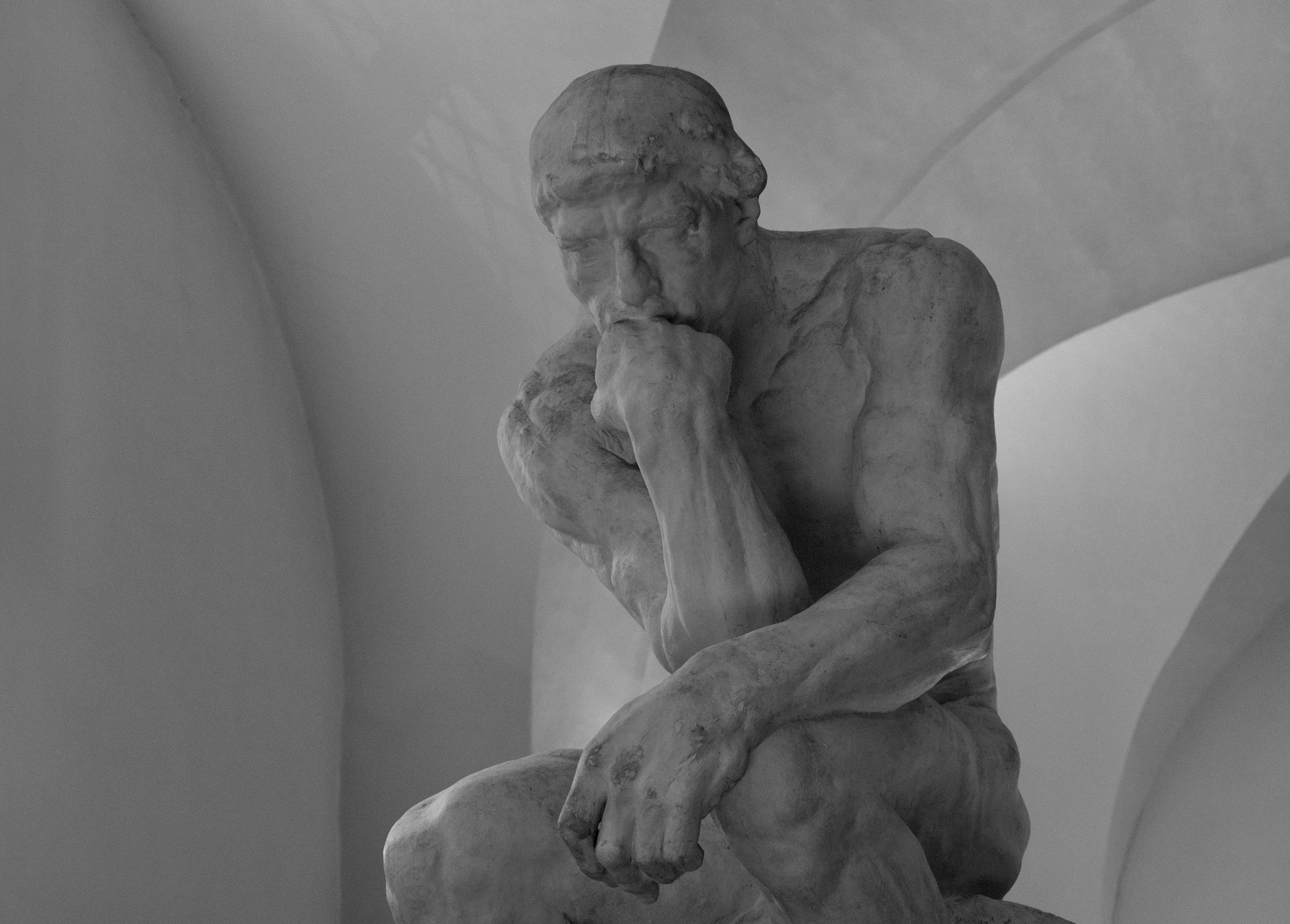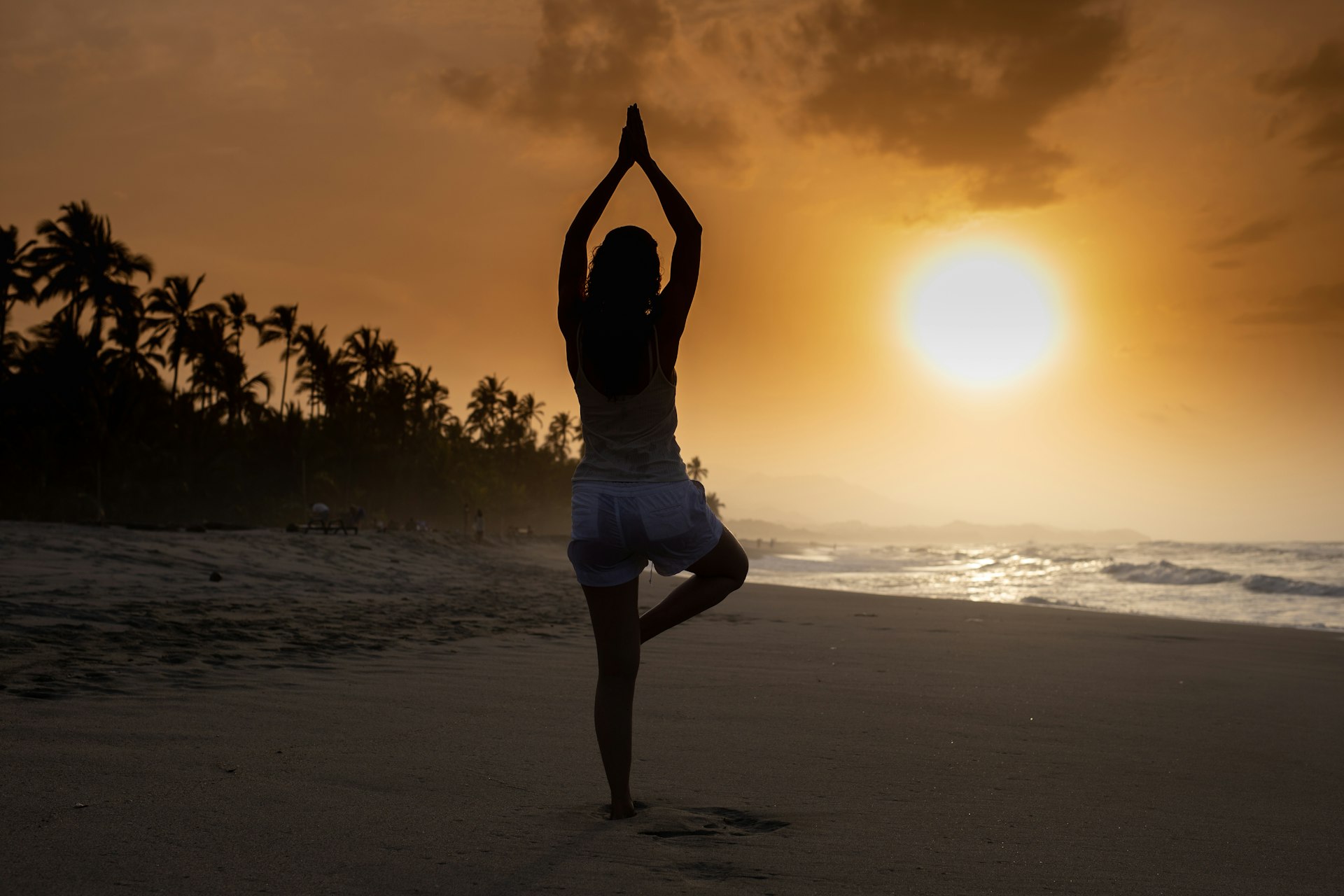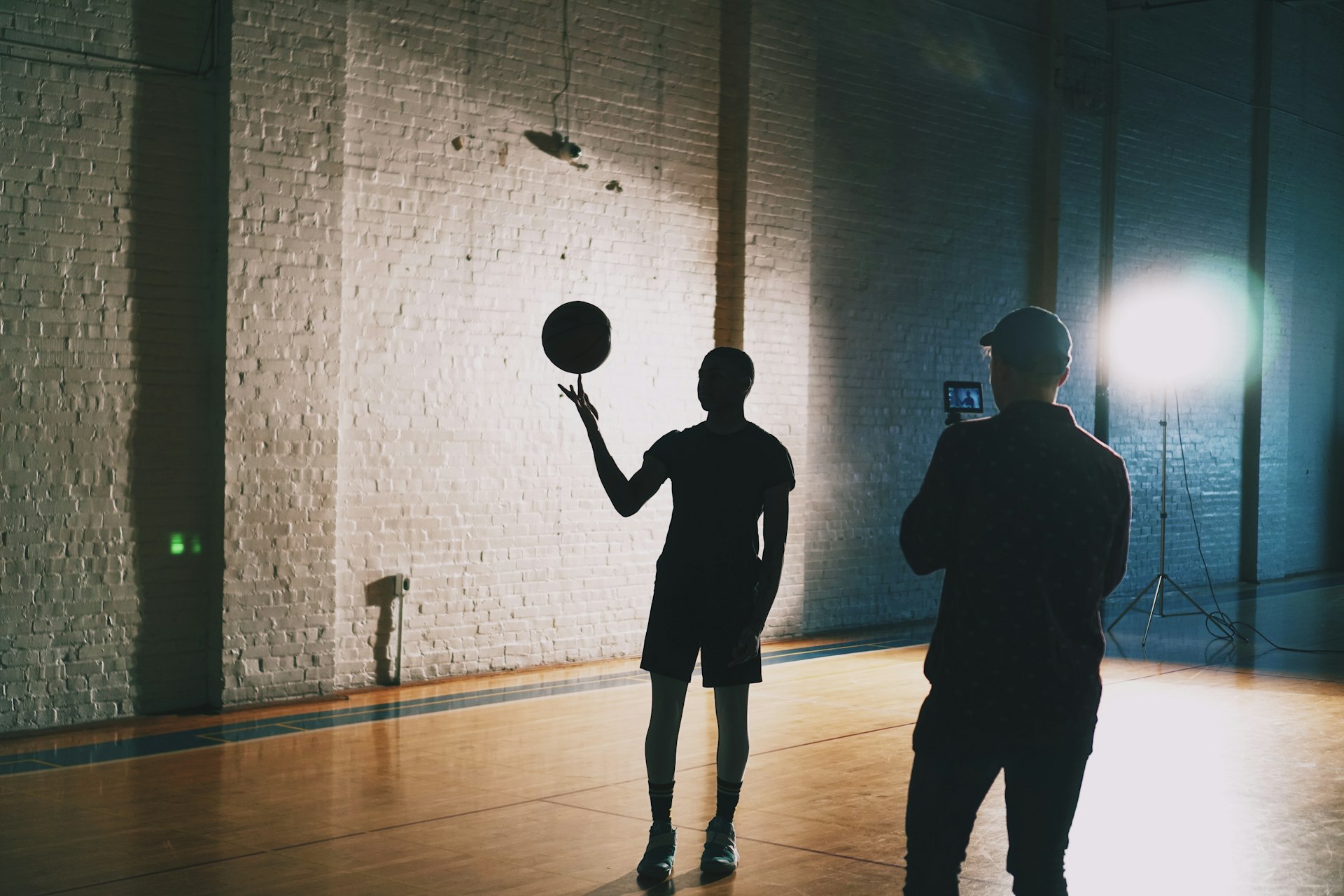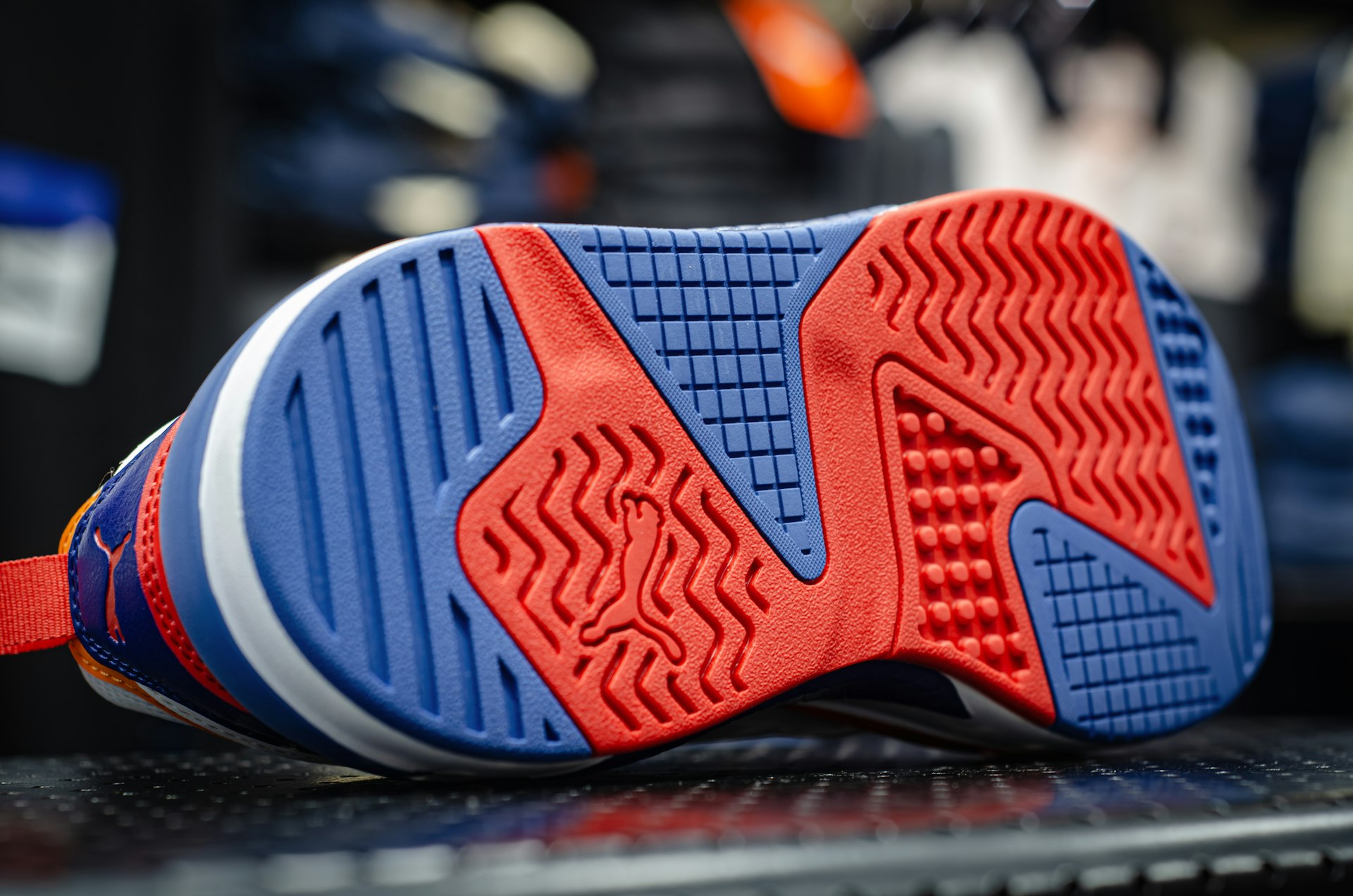Unlocking Better Sleep: How Sleep Tracking Technology Empowers Wellness

Photo by Solving Healthcare on Unsplash
Introduction
Quality sleep is foundational to physical and mental wellness. In recent years, sleep tracking technology has emerged as a powerful tool for individuals seeking to optimize their rest and improve overall health. By providing actionable insights and enabling personalized adjustments, sleep trackers have changed the way we understand and manage sleep. This article explores the multifaceted role of sleep tracking technology in wellness, offering detailed guidance for implementation and highlighting both the benefits and potential challenges.
Understanding Sleep Tracking Technology
Sleep tracking technology encompasses devices and apps that monitor sleep patterns, duration, and physiological parameters such as heart rate, breathing, and movement. Popular forms include wearable devices, non-wearable sensors placed under the mattress, and smartphone applications. These tools leverage sensors and algorithms to analyze sleep cycles, helping users gain a clearer picture of their nightly rest [3] , [4] .
Types of Sleep Trackers
There are two main types of sleep trackers:
- Wearable Trackers: Devices worn on the wrist or body, such as smartwatches and fitness bands, monitor movement, heart rate, and other metrics.
- Non-Wearable Trackers: Sensors placed under bedding or integrated into smart mattresses, offering a hassle-free experience without wearing or charging devices [3] .
Core Benefits for Wellness
The primary promise of sleep tracking technology is improved sleep quality and overall wellness. Research and real-world applications demonstrate several advantages:
1. Enhanced Sleep Quality and Awareness
Sleep trackers provide users with comprehensive data on sleep duration, cycles, and disturbances. This information raises awareness of sleep habits and highlights areas for improvement. For example, noticing a pattern of consistently late bedtimes can prompt adjustments to achieve longer and more restful sleep [5] , [1] . Consistent use helps users monitor the effects of lifestyle changes, such as reducing caffeine intake or adjusting bedtime routines.
2. Early Detection of Sleep Disorders
Advanced sleep trackers monitor heart rate, breathing patterns, and body temperature. This data can reveal signs of sleep disorders, such as sleep apnea, allowing users to seek timely medical advice and intervention [4] . For ENT patients, ongoing sleep tracking provides valuable real-world feedback on how treatments or surgeries affect sleep health [2] .
3. Personalized Health Insights
Continuous data collection enables personalized recommendations based on individual sleep patterns. For instance, some trackers suggest adjusting room temperature or minimizing noise to create an optimal sleep environment [4] . These insights empower users to make informed choices and implement targeted interventions for better sleep.
4. Performance and Mood Improvement
Quality sleep is essential for cognitive function, mood regulation, and immune health. Teenagers, for example, exhibit improved concentration, judgment, and memory formation with adequate sleep. Sleep tracking inspires users to prioritize rest, which can lower stress, boost optimism, and promote overall well-being [1] , [3] .
5. Support for Chronic Condition Management
For those managing chronic conditions, such as respiratory or metabolic disorders, sleep tracking provides ongoing, in-home monitoring. This dynamic approach allows patients and healthcare providers to adjust treatment plans based on real-world data, fostering better outcomes and greater patient engagement [2] .
Practical Steps for Integrating Sleep Tracking
To maximize the benefits of sleep tracking technology, consider the following implementation strategies:
- Select the Right Device: Choose a tracker that fits your lifestyle, budget, and health needs. Look for accuracy in measuring sleep duration and quality, user-friendly interfaces, and compatibility with other health apps [4] .
- Establish a Routine: Use your sleep tracker consistently each night. This builds a reliable data set for identifying trends and making improvements.
- Monitor and Adjust: Review your sleep data regularly to spot patterns or disruptions. Use the tracker’s recommendations to adjust your bedtime, sleeping environment, or daily habits.
- Consult Healthcare Providers: If your tracker suggests potential sleep disorders or persistent issues, seek professional guidance. Many sleep clinics and ENT specialists can interpret data and recommend further assessment or treatment.
- Explore Alternatives: If technology causes anxiety or disrupts sleep for some users, focus on traditional sleep hygiene strategies, such as maintaining regular sleep schedules, creating a restful environment, and limiting screen time before bed [5] .
Addressing Challenges and Limitations
While sleep tracking technology offers numerous benefits, it is important to recognize potential challenges:

Photo by Imtiyaz Ali on Unsplash
- Accuracy Concerns: Consumer-grade trackers may not match the precision of clinical sleep studies. They are best used for identifying general trends rather than diagnosing medical conditions [5] .
- Anxiety and Over-Tracking: For individuals with insomnia, obsessively tracking sleep may increase anxiety and worsen sleep quality. If tracking leads to negative feelings or stress, consider discontinuing use or consulting with a healthcare provider.
- Data Security: Ensure that the device or app you choose follows robust privacy practices to protect your health information.
Real-World Examples and Case Studies
Consider the following scenarios:
Case Study 1: An ENT patient uses a digital sleep tracker following sinus surgery. By monitoring sleep quality at home, both the patient and specialist can see improvements in breathing and adjust medications as needed [2] .
Case Study 2: A teenager discovers late-night screen use is shortening sleep duration. By tracking sleep patterns, the teen adjusts their routine, resulting in improved mood and concentration at school [1] .
Case Study 3: An adult experiencing daytime fatigue uses a non-wearable tracker to reveal frequent sleep disruptions. The data prompts a visit to a sleep specialist and subsequent diagnosis of sleep apnea, leading to appropriate treatment [4] .
How to Access Sleep Tracking Technology
Sleep tracking devices and apps are widely available through reputable retailers and online stores. To find a suitable option:
- Research sleep tracker brands and compare features. Visit official manufacturer websites such as Withings ( [4] ) or consult recognized sleep health organizations.
- Speak with your healthcare provider, especially if you have chronic conditions or concerns about sleep disorders. Many clinics offer guidance on integrating sleep tracking into treatment plans.
- For ENT patients or those with specific health needs, contact your specialty provider for recommendations on compatible devices [2] .
- Review privacy policies and confirm the credibility of any app or device before purchase.
Alternative Strategies and Additional Resources
If you prefer not to use technology, you can still improve your sleep by implementing proven sleep hygiene techniques, including maintaining a regular sleep schedule, limiting caffeine and screen time before bed, and creating a calm, dark sleep environment [5] .
If you suspect a sleep disorder, visit your primary care physician or a certified sleep clinic for professional assessment. To locate clinics or specialists, search for ‘sleep medicine clinics’ and check with your local hospital or health system.
Key Takeaways
Sleep tracking technology delivers personalized insights, fosters behavioral change, and supports wellness by improving sleep quality. As with any health tool, its effectiveness depends on thoughtful use, awareness of limitations, and collaboration with healthcare providers. By choosing the right device and following best practices, individuals can unlock the benefits of restful sleep and sustained well-being.
References
- [1] SH Greenwich King Street Chronicle (2023). The multifaceted benefits behind tracking sweet dreams.
- [2] Sleep & Sinus Centers (2024). Digital Sleep Tracking Solutions for ENT Patients: Benefits and Insights.
- [3] Sleep.me (2024). Benefits of Sleep Tracking: Improve Quality & Health.
- [4] Withings USA (2025). What are the benefits of sleep tracking.
- [5] Sleep Health Foundation (2024). Sleep Tracker Technology.
MORE FROM getscholarships.net













